What is Section 80TTB?
Section 80TTB of the Income Tax Act, 1961 allows a resident senior citizen to claim a deduction against interest on the deposit. Section 80TTB is popular for claiming deduction against interest income on a fixed deposit and savings account balance. It was introduced to provide benefits to old-aged taxpayers in the form of relaxation in interest income. In this article, we have covered every aspect related to deduction under section 80TTB.
Eligibility for Section 80TTB of Income Tax Act
A deduction under section 80TTB is available to a senior citizen who is a resident of India. A senior citizen is a resident individual taxpayer whose age is more than 60 years at any time during the financial year for the purpose of section 80TTB. Section 80TTB was introduced with the Budget 2018 and deduction is available with effect from 1st April 2018.
Income Eligible for Deduction Under 80TTB
The deduction under section 80TTB is available to a senior citizen on the interest income earned during the financial year from any of the following deposits:
- Interest on deposits with a banking institution. The deposit can be a fixed deposit or a savings bank account with the bank. The account must be held by the assessee. For the purpose of section 80TTB, a banking company is an institution to which the Banking Regulation Act, 1949 (10 of 1949), applies (including any bank or banking institution referred to in section 51 of that Act).
- Interest on deposits held with a co-operative society. For the purposes of section 80TTB, the co-operative society must be engaged in carrying on the business of banking (including a co-operative land mortgage bank or a co-operative land development bank).
- An interest income on deposits with a post office. The Post Office is defined in clause (k) of section 2 of the Indian Post Office Act, 1898 (6 of 1898).
Explore our article on Section 43B
Exception to Deduction Under Section 80TTB of Income Tax Act
The general rule for a deduction against interest income is that the senior citizen must hold the deposit. Hence, the rule also provides for an exception or a non-applicability of section 80TTB. If the interest income is earned from a deposit which is held by or on behalf of the:
- A partnership firm
- An association of persons AOP
- Body of Individuals BOI
The interest is distributed to the assessee then such income is taxable.
For example, Mr. Arun who is 65 years old is a partner in a partnership firm, XYZ & Co. He receives interest on a fixed deposit of Rs 30,000 during the financial year from XYZ & Co. The interest is received as his share of income from the partnership firm. The fixed deposit is held by the partnership firm in the name of XYZ & co. Here the interest income will be completely taxable. No deduction will be available under section 80TTB while computing the total income of Mr. Arun.
In the following exceptional cases deduction is not available:
- If the senior citizen assessee chooses the alternative tax regime u/s 15BAC for the financial year then the deduction is not available
- The deduction is not applicable to earnings generated from company fixed deposits, non-convertible debentures NCDs, and bonds.
You can also read our article on Capital Gain Bonds
Amount of Deduction under 80TTB
The maximum amount of deduction available under section 80TTB is lower of the following:
- Rs 50,000 interest income
- The total amount of interest income for the financial year
If the interest income is less than Rs 50000 then the total amount of interest income is tax-exempt. However, if the interest income is more than Rs 50,000 (including interest from all the deposits) then Rs 50,000 is available as a deduction.
How to Calculate Deduction Under Section 80TTB of Income Tax Act?
Let us understand the calculation of deduction on interest income with the help of an example.
Mr. Ajay is a resident of India and a senior citizen. The following are his earnings for the financial year:
- Interest on Fixed Deposits- Rs 23,000
- Interest From Deposit in a savings account- Rs 3,000
- Recurring Deposit Interest Income- Rs 25,500
- Interest From Bonds- Rs 2,000
- Interest Income from a fixed deposit held on behalf of a partnership firm- Rs 17,000
The following is the Calculation of Interest Exempt under section 80TTB
| Type of Interest Income | Taxability | Amount (Rs) | Amount (Rs) |
| Interest on Fixed Deposits | Exempt | 23,000 | – |
| Interest From Deposit in a savings account | Exempt | 3,000 | – |
| Recurring Deposit Interest Income | Exempt | 25,500 | – |
| Total Interest Income Exempt | Exempt | – | 50,000 |
| Total Interest Income Taxable (Out of the above) | Taxable | – | 1,500 |
| Interest From Bonds | Taxable | – | 2,000 |
| Interest Income from a fixed deposit held on behalf of a partnership firm | Taxable | – | 17,000 |
| Total Taxable Interest Income | – | – | 20,500 |
Check out: Income Tax Calculator FY 20-21
Difference Between Deduction Under Section 80TTA and Section 80TTB
| Parameter | Section 80TTA | Section 80TTB |
| Eligibility | Applicable to individual taxpayers and HUF Hindu Undivided Family Not applicable to resident senior citizen taxpayers | Applicable only to resident senior citizen taxpayers |
| Maximum Amount of Deduction | Rs 10,000 or the actual amount of interest income, whichever is lower | Rs 50,000 or the actual amount of interest income, whichever is lower |
| Type of Interest Income | Interest on deposits in a savings accountNot applicable to interest on fixed deposit, term deposit, and recurring deposit | Interest on deposit, including fixed deposits and savings bank account balanceNot applicable to interest on bonds, non-convertible bondsInterest income as a part of share in a firm, AOP, BOI is not covered. Deposit is held by such a firm, AOP, BOI. |
| Type of FD Accounts | Includes NRO account and NRI account interest income | Not applicable to any type of NRI account |
Learn
Frequently Asked Questions
Yes, FD interest is taxable for senior citizens. A deduction against FD interest is available up to Rs 50,000 under section 80TTB.
No, section 80TTB is not a part of the deduction under section 80C. Section 80TTB covers deduction against interest on deposits for senior citizens. Section 80C provides for a deduction against various investments and expenses. The investments such as tax-saving FD, ELSS, PPF, NSC, NPS, SSY, EPF, ULIP, LIC, etc are covered under section 80C. Further, section 80C covers expenses such as tuition fees of children, the principal amount of home loan EMI, stamp duty, and registration charges.
Firstly, while filing the income tax return you will have to add the aggregate amount of interest from all the deposits under ‘Income From Other Source’. Secondly, claim a deduction under ‘Deductions and Total Taxable Income’. This way the net amount will be taxable.
Popular Income Tax Sections
Related Articles
- What is Section 80TTB?
- Eligibility for Section 80TTB of Income Tax Act
- Income Eligible for Deduction Under 80TTB
- Exception to Deduction Under Section 80TTB of Income Tax Act
- Amount of Deduction under 80TTB
- How to Calculate Deduction Under Section 80TTB of Income Tax Act?
- Difference Between Deduction Under Section 80TTA and Section 80TTB
- Frequently Asked Questions





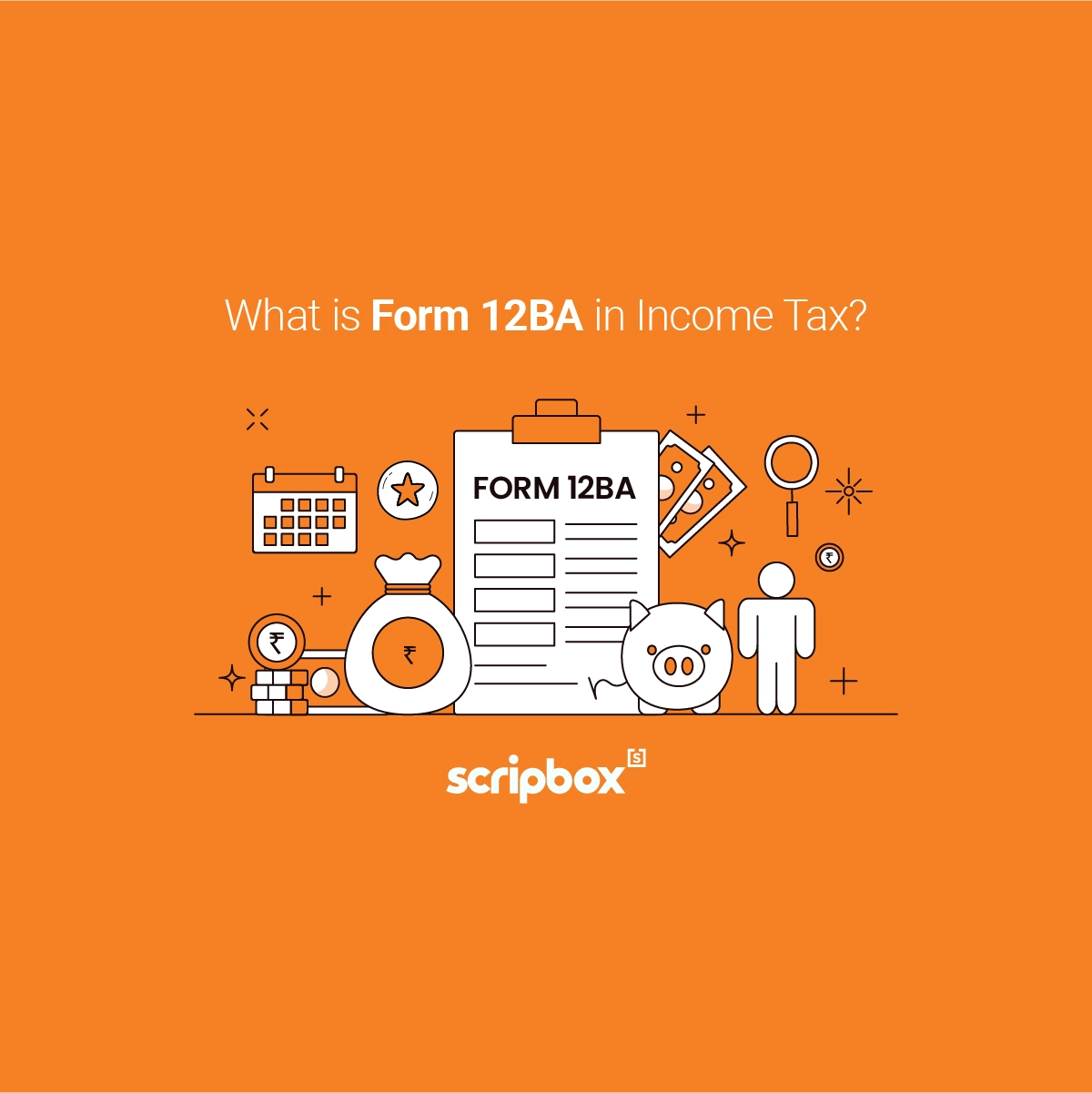
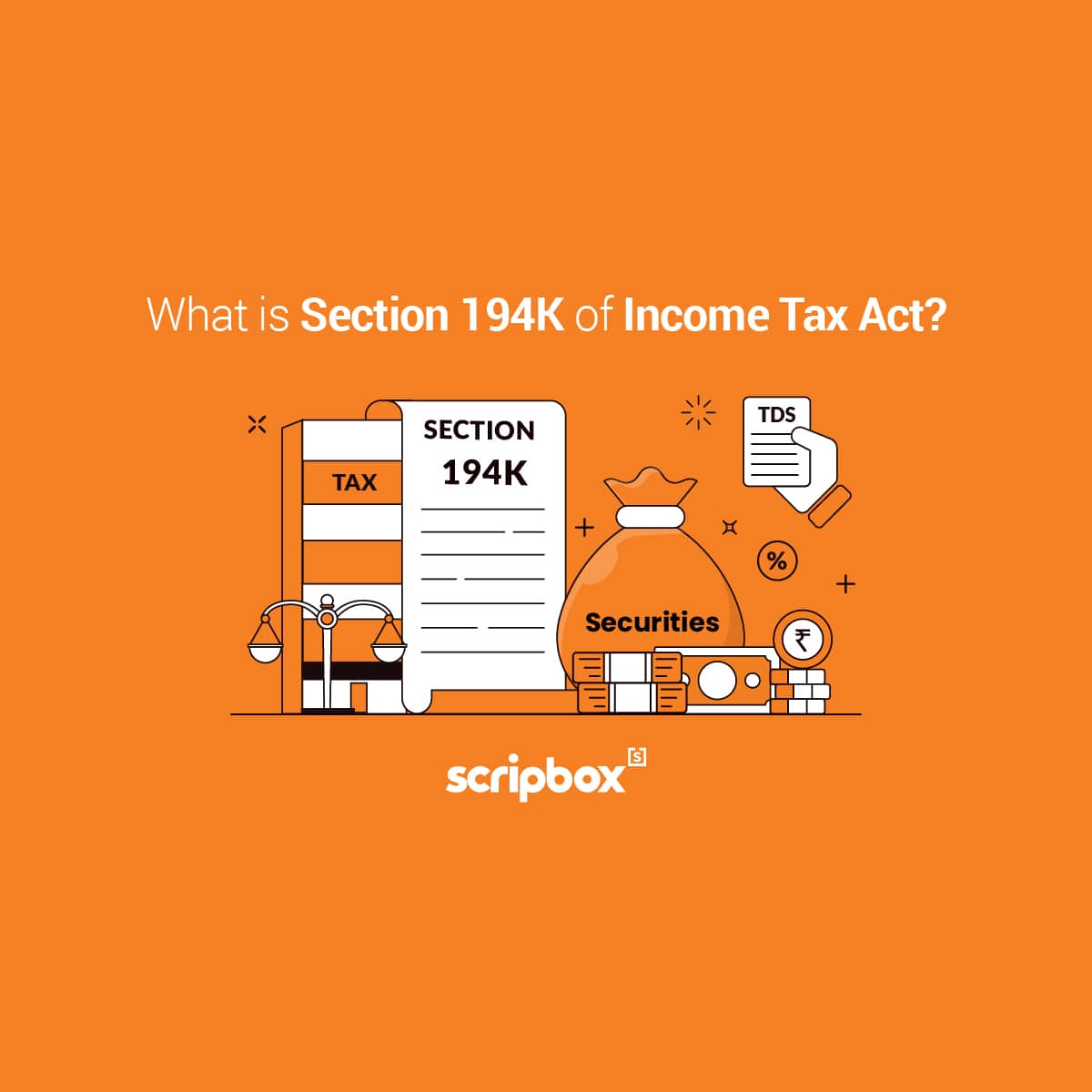
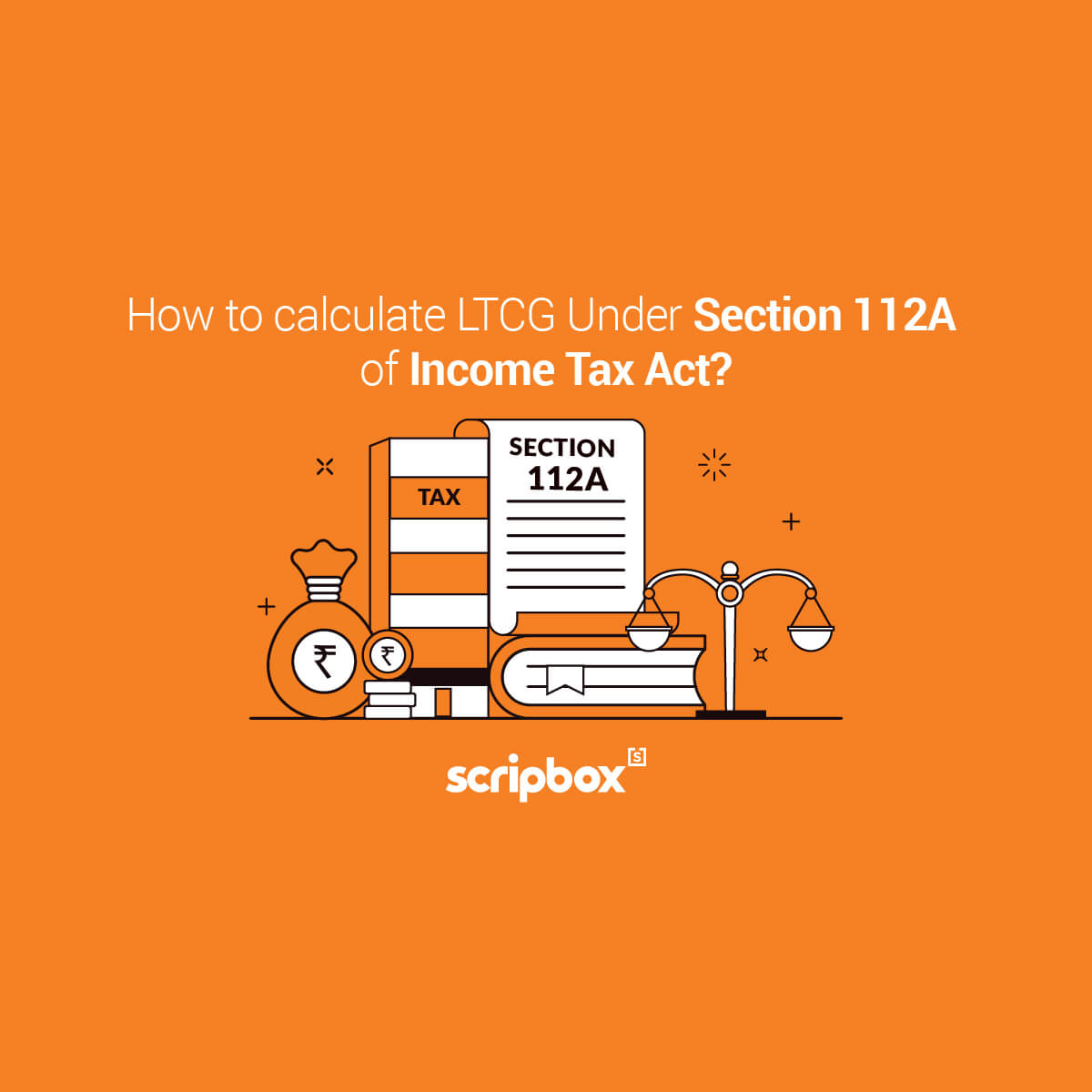
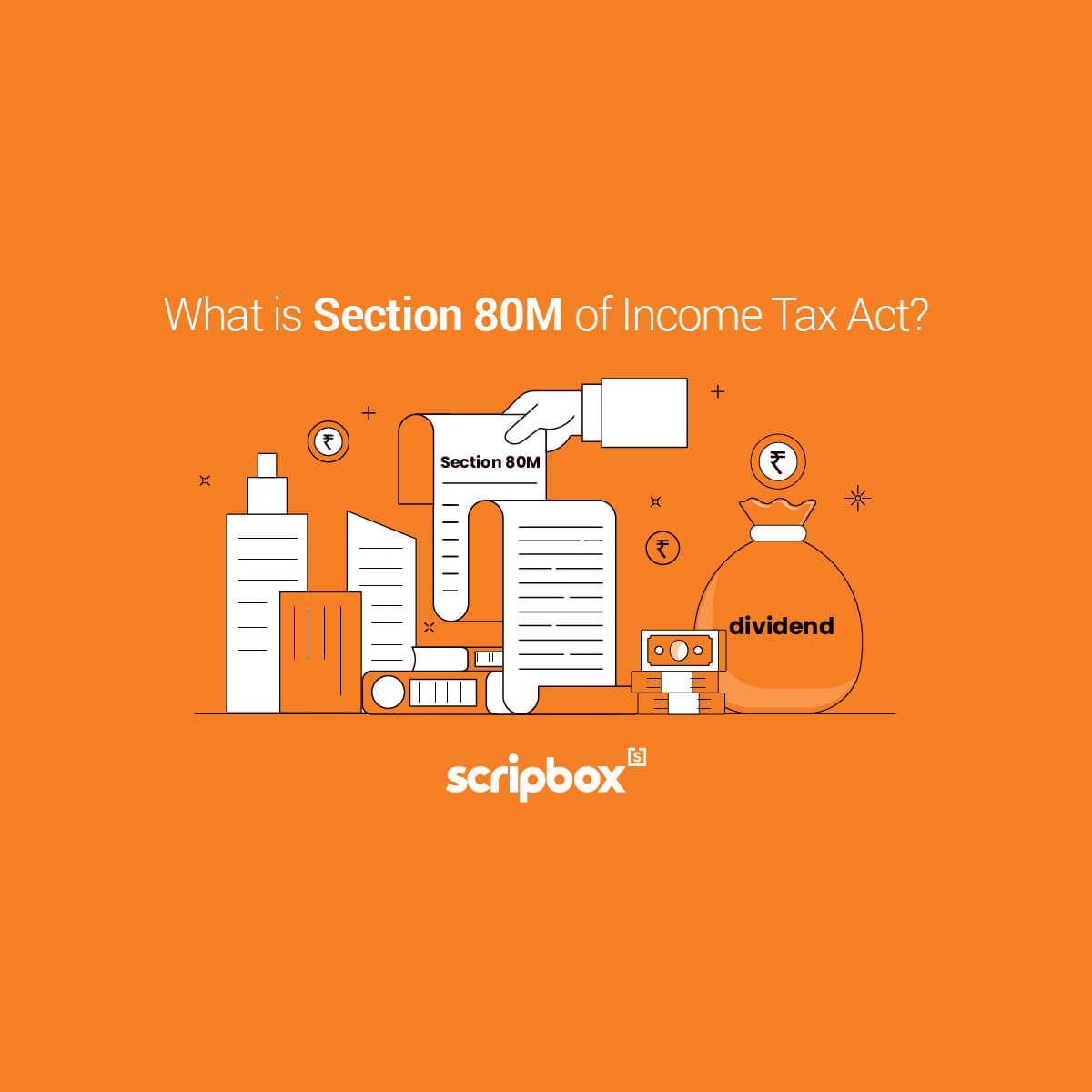
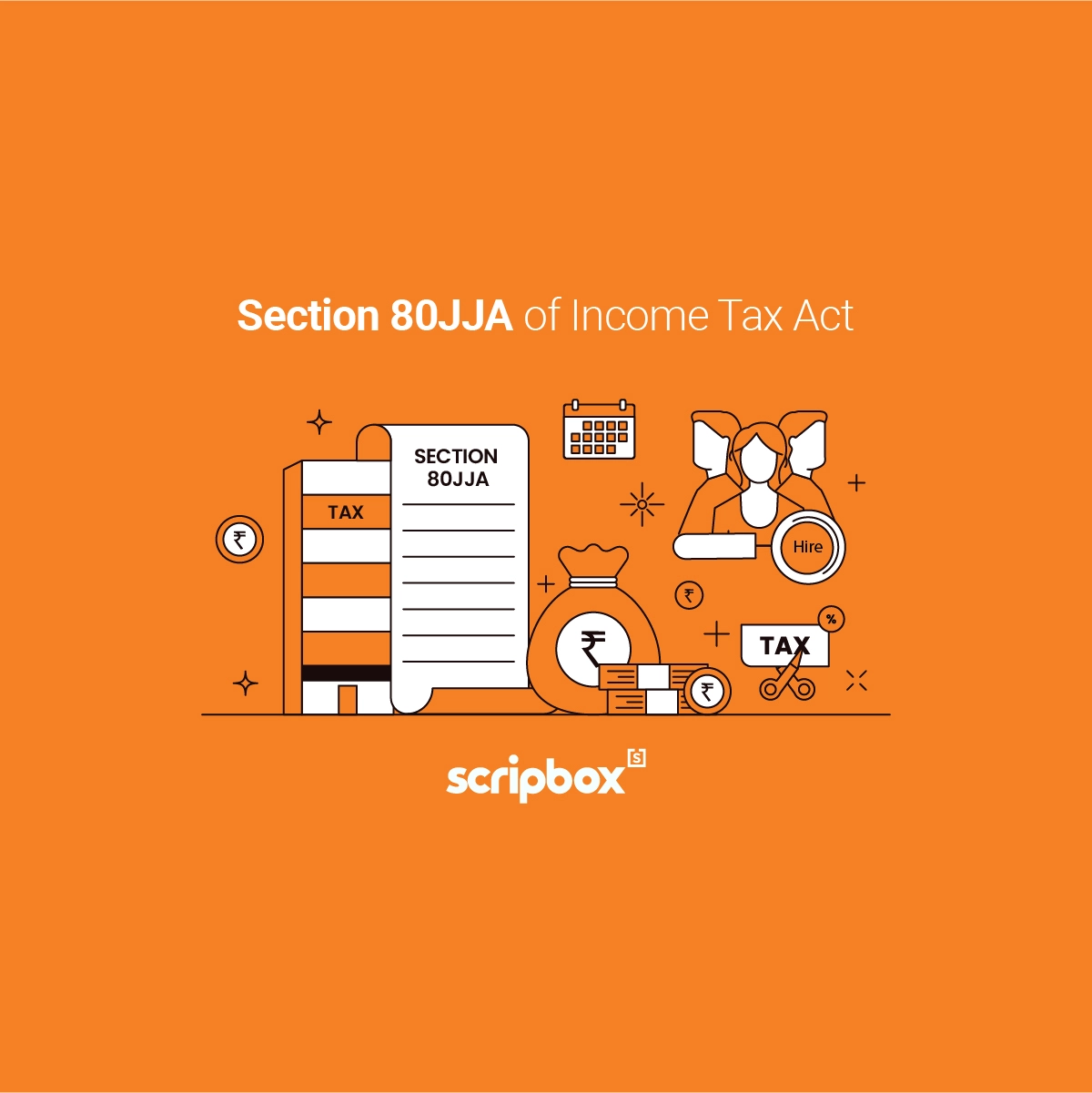
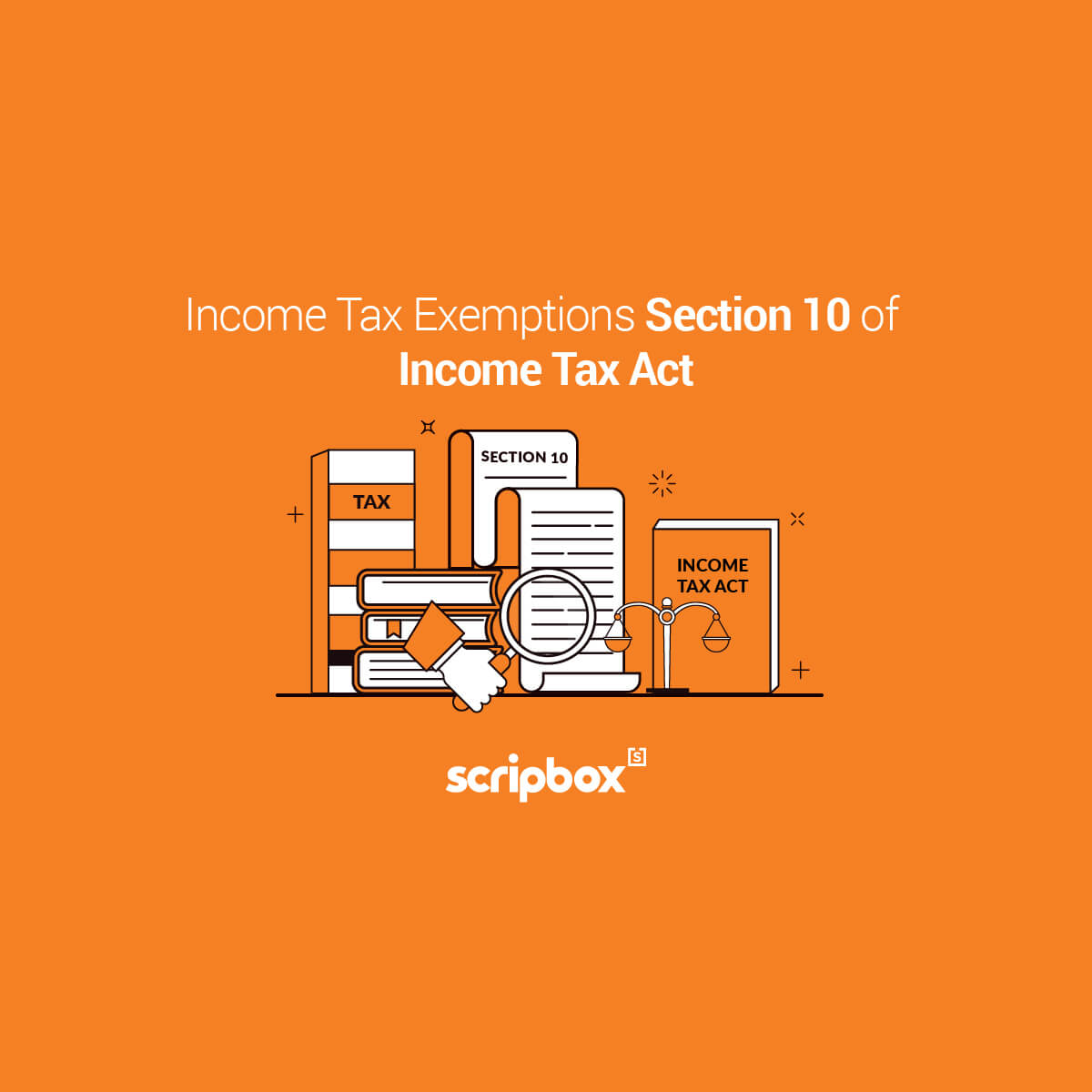






Show comments